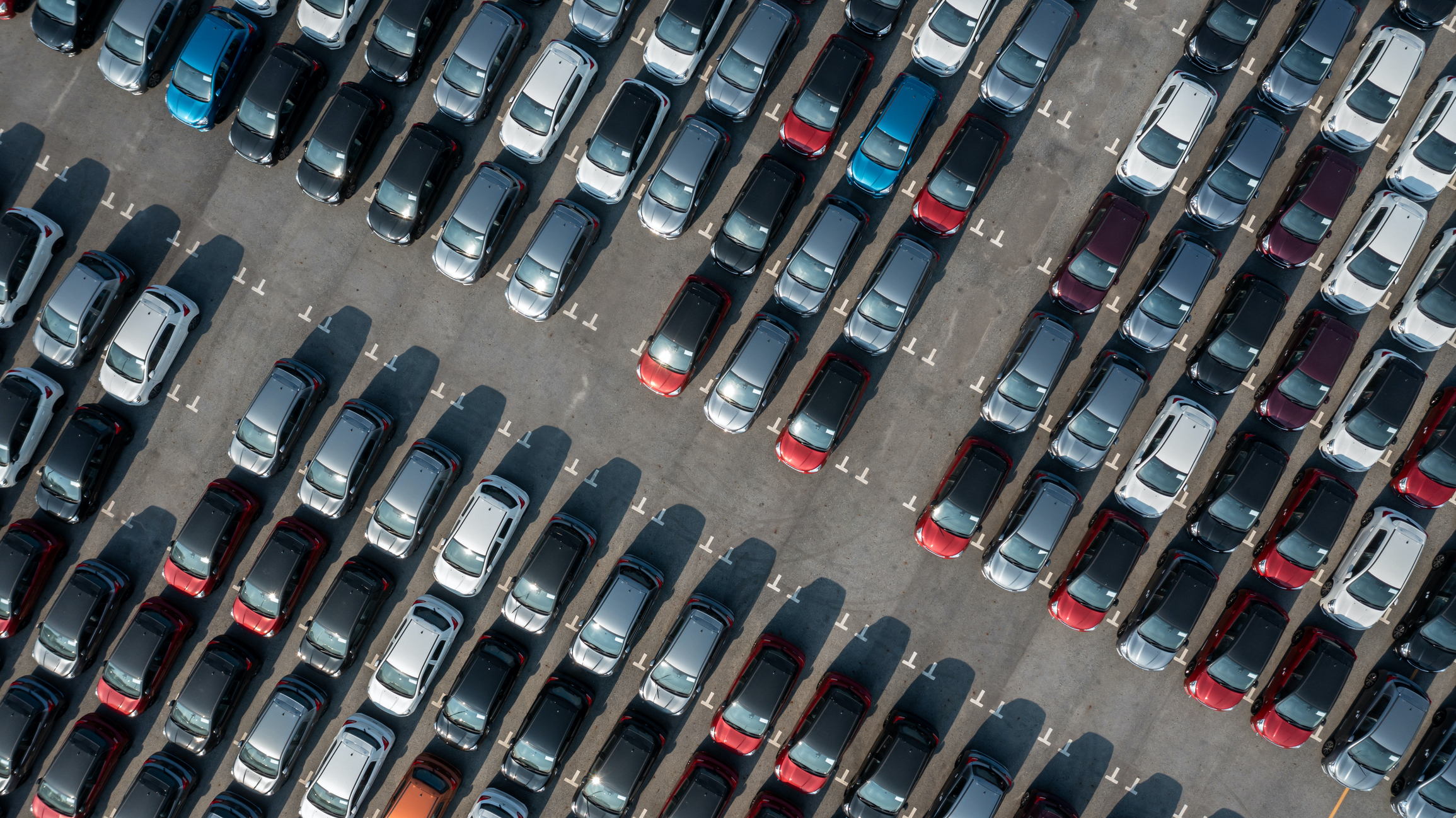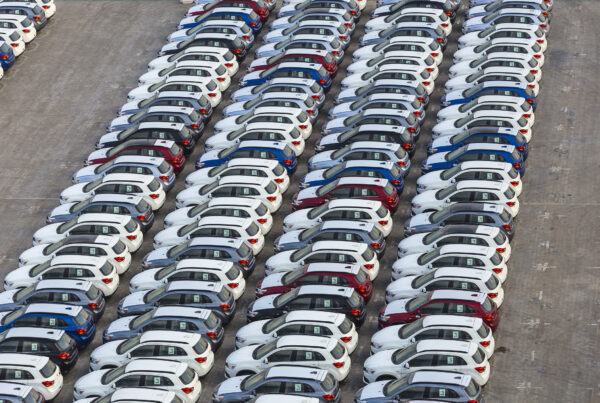New car sales for 2023 in Australia reached an all-time high of 1,216,780 units according to the Federal Chamber of Automotive Industries (FCAI). The previous highest sales result was in 2017 with 1,189,116 new cars sold over 12 months.
FCAI Chief Executive, Tony Weber, said this record-breaking achievement underscores the dynamic and competitive nature of Australia’s automotive landscape, providing consumers with an extensive array of choices across various price brackets.
“This extraordinary result is a testament to the adaptability and resilience of both industry players and consumers alike. Despite the supply chain disruptions faced in recent times, consumers now have greater access to a broad range of choices, fostering increased accessibility in the market,” said Mr. Weber.
2023 New Car Market Stats
Toyota captured 17.7 percent of the market in 2023 while the Ford Ranger was the top-selling vehicle with 63,356 units sold. Meanwhile, SUVs and light commercial vehicles accounted for 78.4 percent of total sales.
Battery electric vehicles made up 7.2 (87,217 units sold) percent of total sales while plug-in hybrids and hybrids made up 16.2 percent of the market (196,868 units sold).
Year-on-year, sales across all States and Territories have increased. The ACT recorded an increase of 14.2% increase from last year (18,531 units sold), New South Wales increased 10.8% (374,432) units sold, and the Northern Territory increased 4.2 percent (10,267 units sold). Meanwhile, South Australia was up 13.9 percent (79,009 units sold), Tasmania was up 10.4 percent (21,150 units sold), Victoria was up 14.6 percent ((327,229 units sold), and Western Australia was up 17.7 percent (124,630 units sold).
Looking Ahead
In a press release, Mr. Weber said that the FCAI is optimistic about the introduction of Fuel Efficiency Standards that “achieves the policy outcomes that lead to emission reductions while enabling Australians to drive the vehicles that they need and want”.
“For more than a decade, the FCAI has been encouraging Governments to introduce a Fuel Efficiency Standard. Now we have the process underway it’s critical that the Federal government takes time the to get it right. That is essential for environmental outcomes and for consumers.”
Furthermore, he also expressed optimism about the automotive industry’s future.
“This is a tremendously exciting time for the industry. Consumers have a wide choice of vehicles available to meet their work, recreation, and family needs that come equipped with the latest advancements in engine technology, safety features and advanced driving, navigation, and entertainment aids.
“As we celebrate this historic achievement, we recognise that the automotive sector will face challenges in the coming months. Cost-of-living pressures and increased interest rates will impact the market, and we anticipate a challenging 2024.
Did you find this article interesting? Click the ‘heart’ button above to give it a ‘like’!


















